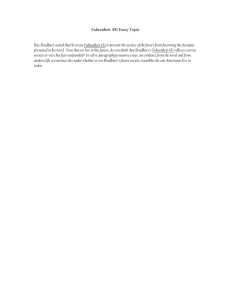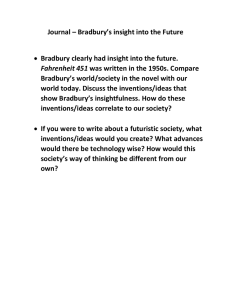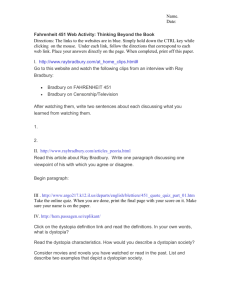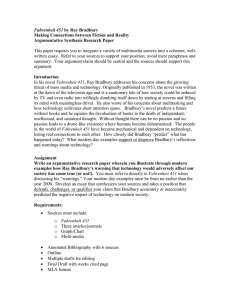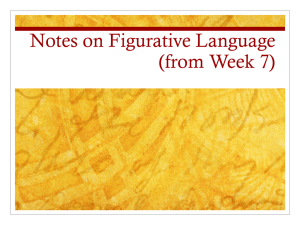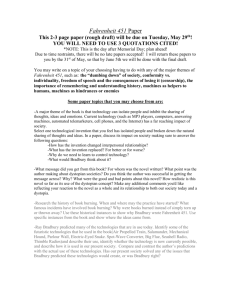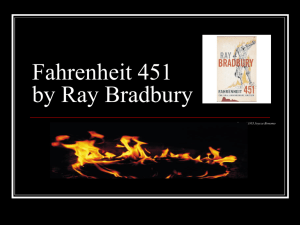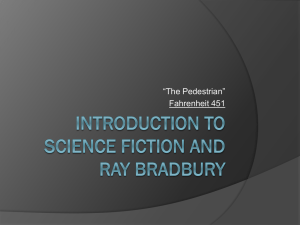Study Guide and Reading List for Incoming Honors Freshmen
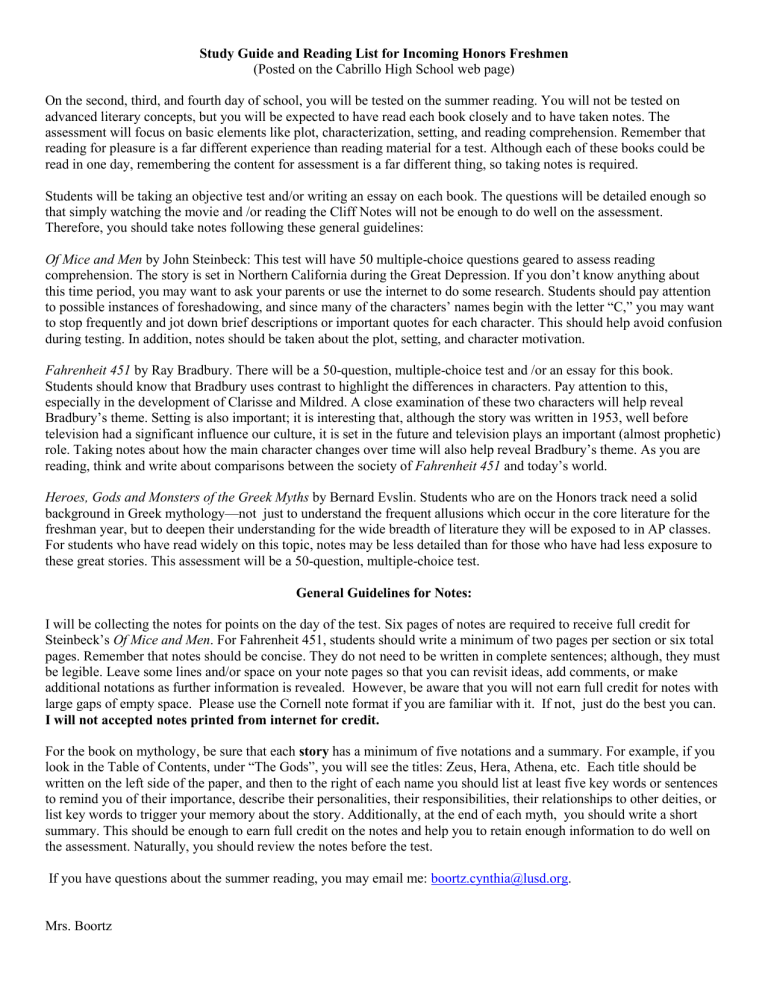
Study Guide and Reading List for Incoming Honors Freshmen
(Posted on the Cabrillo High School web page)
On the second, third, and fourth day of school, you will be tested on the summer reading. You will not be tested on advanced literary concepts, but you will be expected to have read each book closely and to have taken notes. The assessment will focus on basic elements like plot, characterization, setting, and reading comprehension. Remember that reading for pleasure is a far different experience than reading material for a test. Although each of these books could be read in one day, remembering the content for assessment is a far different thing, so taking notes is required.
Students will be taking an objective test and/or writing an essay on each book. The questions will be detailed enough so that simply watching the movie and /or reading the Cliff Notes will not be enough to do well on the assessment.
Therefore, you should take notes following these general guidelines:
Of Mice and Men by John Steinbeck: This test will have 50 multiple-choice questions geared to assess reading comprehension. The story is set in Northern California during the Great Depression. If you don’t know anything about this time period, you may want to ask your parents or use the internet to do some research. Students should pay attention to possible instances of foreshadowing, and since many of the characters’ names begin with the letter “C,” you may want to stop frequently and jot down brief descriptions or important quotes for each character. This should help avoid confusion during testing. In addition, notes should be taken about the plot, setting, and character motivation.
Fahrenheit 451 by Ray Bradbury. There will be a 50-question, multiple-choice test and /or an essay for this book.
Students should know that Bradbury uses contrast to highlight the differences in characters. Pay attention to this, especially in the development of Clarisse and Mildred. A close examination of these two characters will help reveal
Bradbury’s theme. Setting is also important; it is interesting that, although the story was written in 1953, well before television had a significant influence our culture, it is set in the future and television plays an important (almost prophetic) role. Taking notes about how the main character changes over time will also help reveal Bradbury’s theme. As you are reading, think and write about comparisons between the society of Fahrenheit 451 and today’s world.
Heroes, Gods and Monsters of the Greek Myths by Bernard Evslin. Students who are on the Honors track need a solid background in Greek mythology—not just to understand the frequent allusions which occur in the core literature for the freshman year, but to deepen their understanding for the wide breadth of literature they will be exposed to in AP classes.
For students who have read widely on this topic, notes may be less detailed than for those who have had less exposure to these great stories. This assessment will be a 50-question, multiple-choice test.
General Guidelines for Notes:
I will be collecting the notes for points on the day of the test. Six pages of notes are required to receive full credit for
Steinbeck’s Of Mice and Men . For Fahrenheit 451, students should write a minimum of two pages per section or six total pages. Remember that notes should be concise. They do not need to be written in complete sentences; although, they must be legible. Leave some lines and/or space on your note pages so that you can revisit ideas, add comments, or make additional notations as further information is revealed. However, be aware that you will not earn full credit for notes with large gaps of empty space. Please use the Cornell note format if you are familiar with it. If not, just do the best you can.
I will not accepted notes printed from internet for credit.
For the book on mythology, be sure that each story has a minimum of five notations and a summary. For example, if you look in the Table of Contents, under “The Gods”, you will see the titles: Zeus, Hera, Athena, etc. Each title should be written on the left side of the paper, and then to the right of each name you should list at least five key words or sentences to remind you of their importance, describe their personalities, their responsibilities, their relationships to other deities, or list key words to trigger your memory about the story. Additionally, at the end of each myth, you should write a short summary. This should be enough to earn full credit on the notes and help you to retain enough information to do well on the assessment. Naturally, you should review the notes before the test.
If you have questions about the summer reading, you may email me: boortz.cynthia@lusd.org
.
Mrs. Boortz
